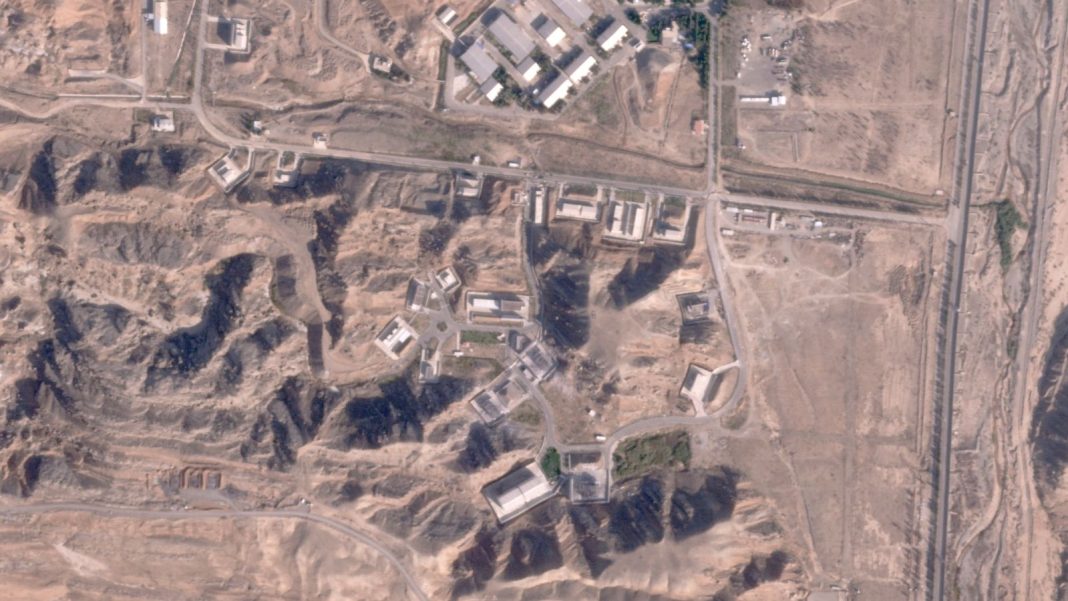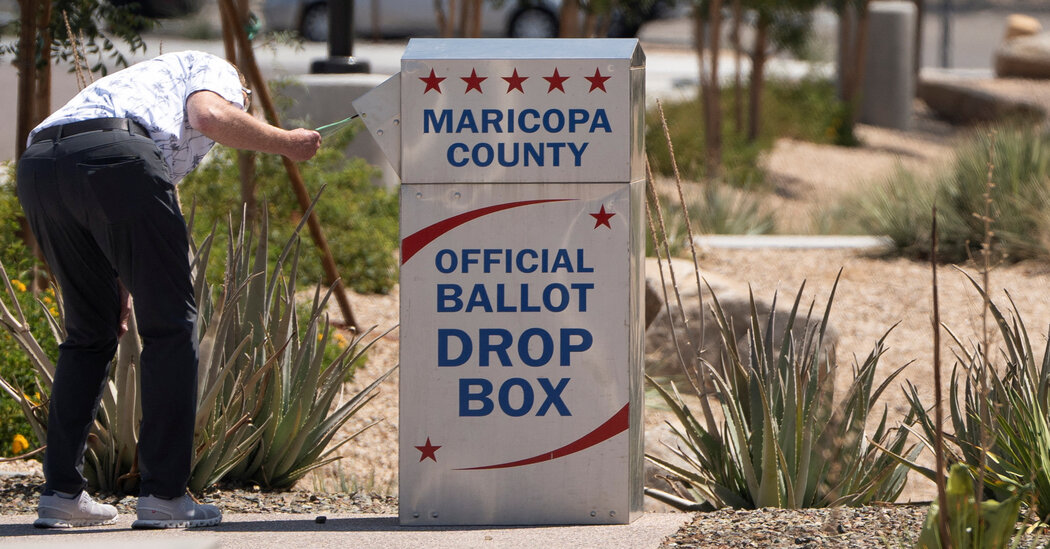Israeli Opposition Leader Urges Netanyahu to Negotiate Hostage Deal, Even at a Cost
In a heartfelt appeal, Israeli opposition leader Benny Gantz has urged Prime Minister Benjamin Netanyahu to prioritize the release of hostages taken during the October 7 Hamas attack, even if it means making difficult sacrifices. With 97 hostages still unaccounted for, Gantz’s call for action highlights the urgency of the situation and the emotional toll it has taken on families across Israel.
The backdrop of this plea is grim. Following the brutal assault by Hamas, which resulted in widespread devastation and loss of life, the Israeli government has been grappling with the reality of hostages being held in Gaza. While the official count stands at 101 hostages, this figure includes individuals taken in earlier conflicts, some of whom are believed to have died. The stark reality is that many families are still waiting for news of their loved ones, and the pressure is mounting for the government to act.
Gantz, a former defense minister, acknowledged the complexities of the ongoing conflict, stating that military operations in Gaza could extend for years. However, he emphasized that the immediate priority should be the safe return of the hostages, whom he described as victims of "the biggest mistake in our history." His words resonate deeply with those who have been affected by the violence and uncertainty.
"The time is more ripe than ever to strive for a rapid plan to return the hostages," Gantz declared, urging Netanyahu to take decisive action. He drew a parallel between the government’s military strategies, referencing Netanyahu’s orders for attacks on Iran, and the need for a similar resolve in securing the release of Israeli citizens. "Do what is right and necessary to bring our daughters and sons home, even if it comes at a painful price," he implored.
The emotional weight of Gantz’s message is palpable. He understands that the situation is fraught with challenges, yet he believes that the government must not hesitate in its efforts. "The fighting in Gaza will continue for years," he noted, "because it is not possible for Gaza to be ruled by Hamas." This statement underscores the broader implications of the conflict, suggesting that the resolution of the hostage crisis is intertwined with the long-term stability of the region.
As families continue to live in limbo, waiting for news of their loved ones, Gantz’s call for action serves as a reminder of the human cost of conflict. His plea is not just a political maneuver; it is a heartfelt request for compassion and urgency in a time of crisis. "They should be returned home. It is difficult, it is complex – and it is necessary," he concluded, leaving a resonant message that echoes the hopes of many in Israel.
In these challenging times, the focus on the hostages serves as a poignant reminder of the personal stories behind the headlines, urging leaders to act with empathy and resolve. The path forward may be fraught with difficulties, but the call for action is clear: the lives of those taken hostage must be prioritized, and their safe return should be a shared goal for all.



